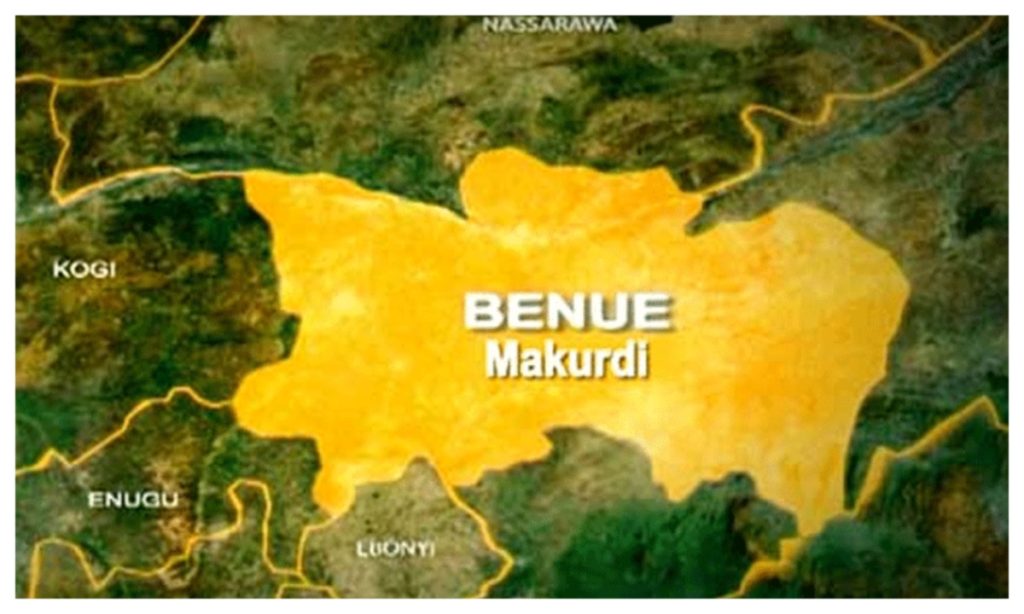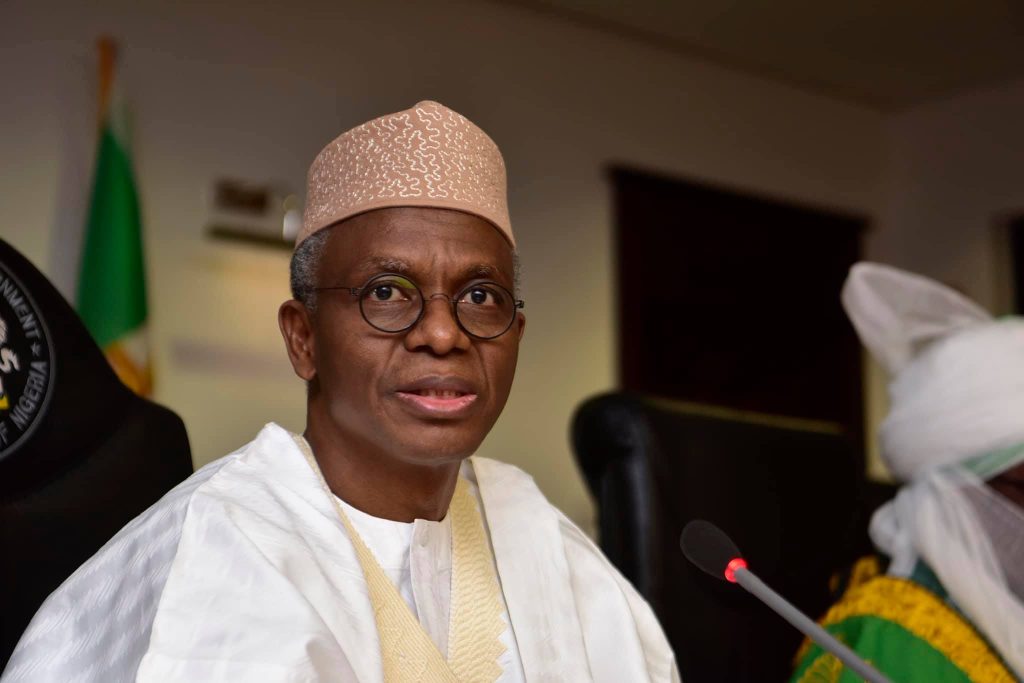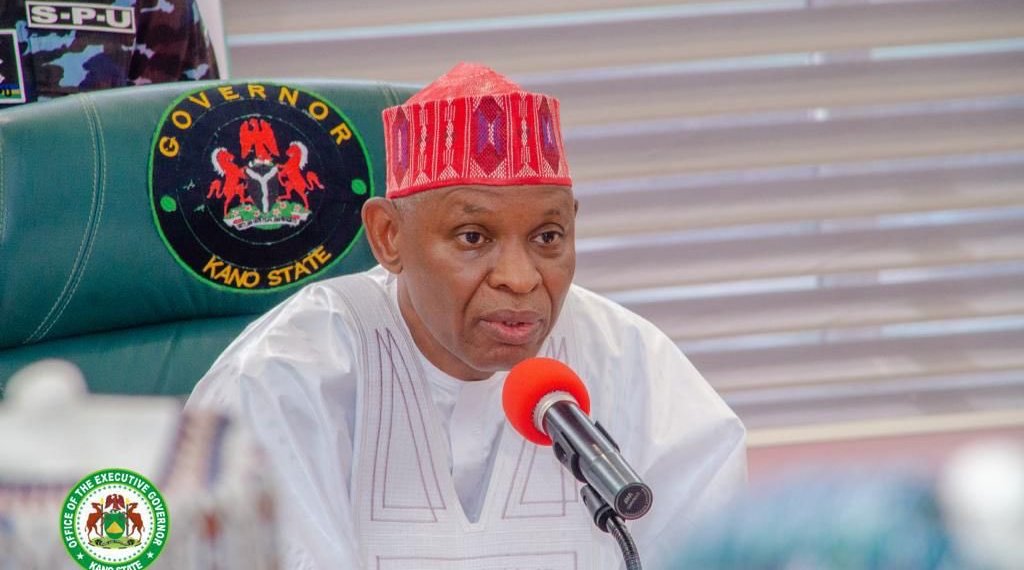Femi Falana, a Senior Advocate of Nigeria, has criticized President Bola Tinubu’s decision to remove the fuel subsidy. In a recent interview on Channels Television’s Sunday Politics program, Falana stated that no country has completely abolished subsidies. He noted that even Western nations like the United States, the United Kingdom, and France provide subsidies for various aspects of their citizens’ lives, including electricity and agriculture.
Falana argued that the removal of subsidies in Nigeria was influenced by the World Bank and the International Monetary Fund (IMF). He emphasized that these international organizations insisted that the Nigerian government eliminate all subsidies. The human rights activist’s comments suggest that the decision to remove the fuel subsidy was not solely a domestic policy choice, but rather a response to external pressure.
The removal of the fuel subsidy has significant implications for Nigeria’s economy and citizens. The country has historically relied on subsidies to keep fuel prices affordable for its population. The elimination of these subsidies is expected to lead to higher fuel prices, which could have a ripple effect on the overall cost of living.
Falana’s criticism of the subsidy removal highlights the complex nature of economic policy decisions in Nigeria. The country must balance its need to manage its finances and respond to external pressures with the need to protect its citizens from the potential negative impacts of policy changes. As the Nigerian government navigates these challenges, it will be important to monitor the effects of the subsidy removal and consider potential adjustments to mitigate any adverse consequences.
The World Bank and IMF have historically played a significant role in shaping economic policy in Nigeria and other developing countries. Their recommendations and conditions for lending can have a profound impact on a country’s economic trajectory. In the case of Nigeria, the insistence on removing subsidies reflects a broader push for economic liberalization and reduced government intervention in the economy.
As Nigeria moves forward with its economic policy decisions, it will be important to consider the potential consequences of these choices. The removal of the fuel subsidy is a significant development that will likely have far-reaching impacts on the country’s economy and citizens.



